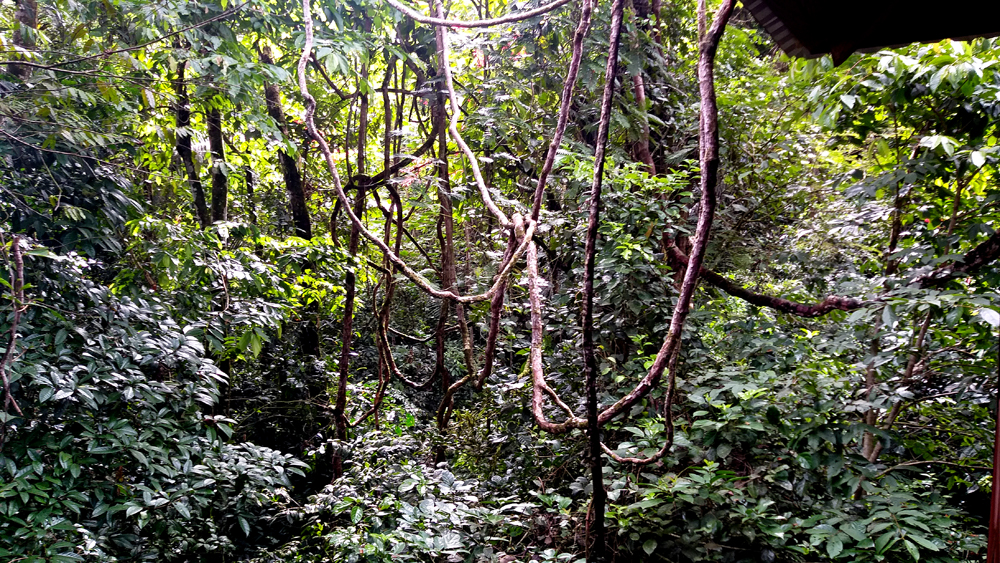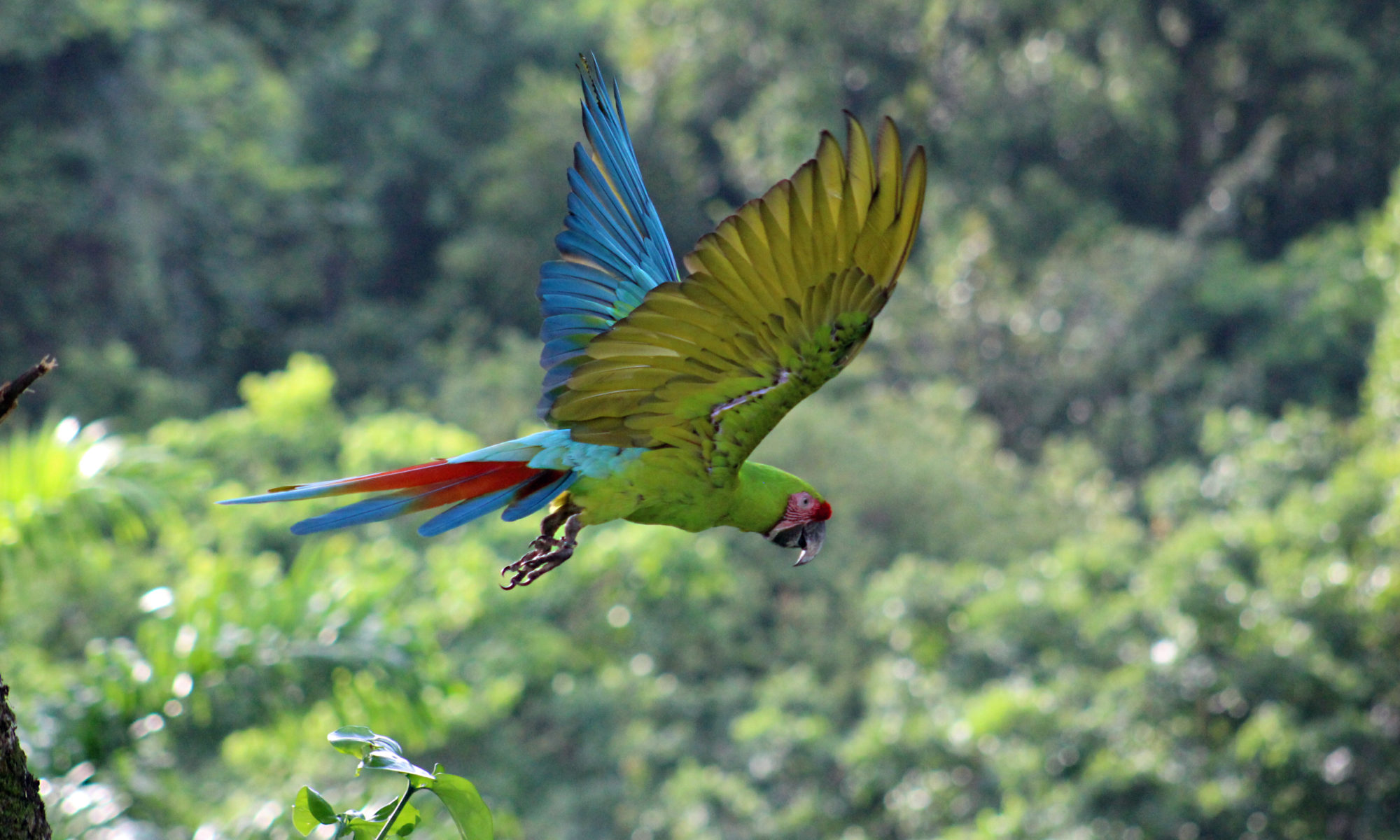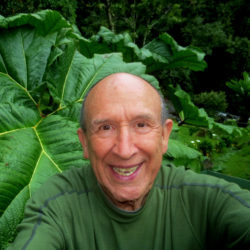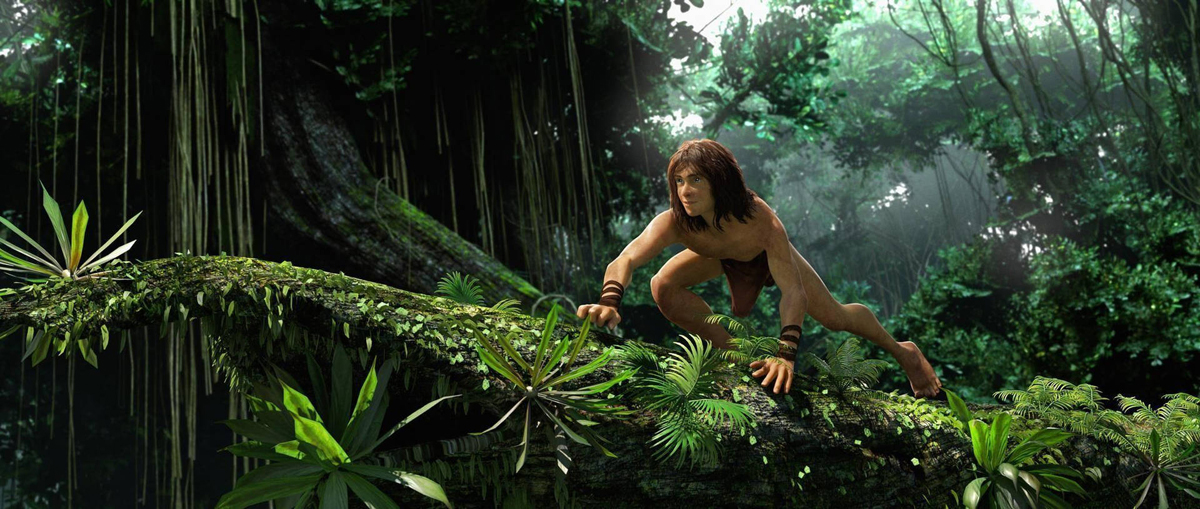“And what in the world is that?” You may ask! I will try to explain. It meant different things at different periods of my life, but Tarzan was a big influence on me, my ideas of life, happiness, joy, independence and creativity in several ways, especially in my love of nature, caring for the earth and my continued involvement in outdoor activities and a lifetime of a “Can Do” attitude.
I began to realize this as I got to the 3rd book of the 10 original Tarzan books and then realized it even more while reading an opinion article on climate change in the Washington Post on March 19, 2023 titled What if climate change meant not doom — but abundance? By Rebecca Solnit.
What the Article Helped Me Realize
In short, most people, especially in rich countries like the USA, focus on what we will have to “give up” to combat climate change based on the false assumption that more money (work harder and longer), bigger cars, bigger houses and simply “more stuff” is what will make us happy and everything the American culture does promotes that concept from movies to songs, books, advertising and “the American way of life.” When living in a 3rd world country in West Africa for 3 years, young people begged me to sponsor them as immigrants to the states because through movies and TV they had fallen for the false formula for happiness and just knew if they could only get to America, they would be able to work hard and become rich or at least richer than they were in their much happier and simpler society in Africa. Saying “No” was my “tough love” of them and what America is doing to the world made me sad.
The fossil fuel industry kills more than 8 million people a year and damages many more, particularly babies and children, yet the “civilized society” fights to continue the destruction of the planet and human life on it. So much more can be said about that and other “modern conveniences,” but let me get right to her life-changing idea, quoting from her article:
“. . . we need a large-scale change in perspective. To reframe climate change as an opportunity — a chance to rethink who we are and what we desire.
What if we imagined “wealth” consisting not of the money we stuff into banks or the fossil-fuel-derived goods we pile up, but of joy, beauty, friendship, community, closeness to flourishing nature, to good food produced without abuse of labor? What if we were to think of wealth as security in our environments and societies, and as confidence in a viable future?
“Getting and spending, we lay waste our powers,” William Wordsworth wrote a couple of centuries ago. What would it mean to recover those powers, to be rich in time instead of stuff?
(Here she linked to a Post article on values of a 4-day work week.)
For so many of us, being busy with work has leached away our capacity to pursue true riches. What if we were to prioritize reclaiming our time — to fret less about getting and spending — and instead “spend” this precious resource on creative pursuits, on adventure and learning, on building stronger societies and being better citizens, on caring for the people (and other species and places) we love, on taking care of ourselves?”
~Rebecca Solnit.
If you can read the entire article without subscribing to the Washington Post, I encourage you to! It reminded me of some of the reasons I moved to Costa Rica and the reasons I love it here so much.
Maybe part of the “Tarzan Effect” on me is:
- I rent a simple but nice little house called a “casita”
- with no TV.
- And I do not own a car but walk most places I need or want to go to and use a taxi when really needed.
- My focus here and in my blog is on nature and creative ways I can present it to others through my photography.
- I live and eat simply and
- travel to nearby nature places for more adventure and photography
- that is followed by creativity.
- I try to have a small carbon imprint on the world, as possible
- while finding joy in nature
- and helping other people in various ways. I support a local orphanage, help in local schools, tip low-paid workers good, and support the environment through the Corcovado Foundation in Costa Rica.
- And that is living sort of like Rebecca Solnit suggested in her opinion piece as I think the above points show.
- For that I credit “The Tarzan Effect” on me! 🙂
- ¡Pura Vida!
Now let me tell you how I think Tarzan had an early effect on my thinking about life and happiness and then some stages of “The Tarzan Effect” on me with sub-pages listed in the menu below. 🙂
The Tarzan Effect Menu
My Essays and Links Tying Tarzan to my Costa Rica lifestyle.
- Late 1940’s & Early 50’s – Tarzan Movies, Treehouses & the Outdoors got me started!
- 1960’s to 80’s – Outdoor Youth Ministries were a Tarzan influence on me!
- 1999-2002 – Living in West Africa (as a Gambia missionary)
- Weekends as Tarzan at Bird Safari Camp during that time
- Other Africa Travel and Experiences reflect Tarzan!
- Magical Africa, my favorite 139 photos from Africa! Book
- 2003 through today – “Nature as Art” Photographer
- 2019-2022 – Tarzan Treehouse Room at Maquenque Lodge
- 2023 – Reading the Tarzan books for the first time (always better than the movies!) 🙂

What Other People Say About Tarzan
- My Hero: Tarzan by Akeila in Milwaukee
- Free Tarzan of the Apes Essays and Papers on “123Help” – Hey! some of these are interesting! 🙂 Lots of different ideas about what I’m calling “The Tarzan Effect” from some of the many other people affected by Tarzan early in life.
- Tarzan Of The Apes Analysis, a 4-page, 785 words essay on CRAM.com. You have to sign up to read the whole essay.
- The Sociology of Tarzan of the Apes Essay, an 8 page, 1,877 words essay on Bartleby Research. You sign up again.
- There are many more such “reflection papers” or essays on many different homework websites which implies that Tarzan is a frequent subject of English (and other language or literature classes) essays or research papers. Interesting way to get some kids interested in learning! Just Google “Tarzan Essays.”
- And maybe my favorite is what Jane Goodall said: “I fell passionately in love with Tarzan — this glorious creature living out in the jungle doing all the things I wanted to do, and what did he do? He married the wrong Jane.” 🙂
- And here is an article on how Tarzan influenced Jane Goodall: How Tarzan created Jane Goodall and how Goodall then repaid the favor by Shawn Thompson.
¡Pura Vida!


